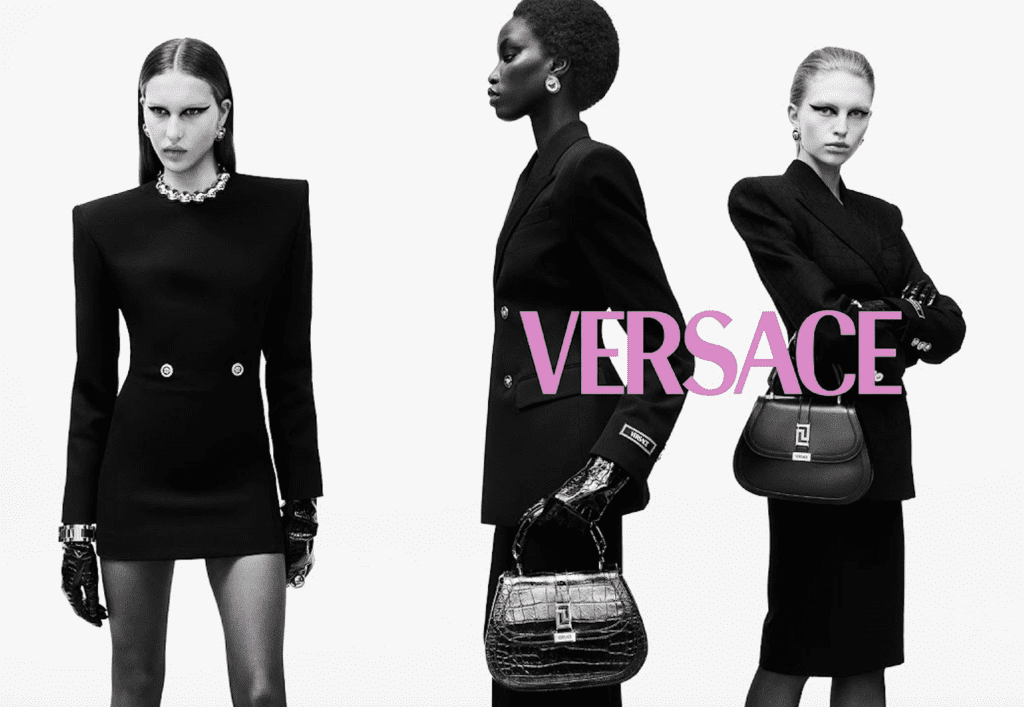“A decade after the global financial crisis, the brands that are growing fastest today are those that intuitively understand their customers and make brave, iconic moves that delight and deliver in new ways,” Interbrand states in connection with its 2018 “Best Global Brands” list. The global brand consultancy released its annual ranking – which measures technology, consumer-goods, automotive and financial brands’ strength factors, including internal elements, such as clarity in terms of positioning and organizational governance, as well as outward-facing ones like authenticity and brand consistency – and found that while Apple, Google, and Amazon take the top spots in terms of value, luxury apparel is the top-performing sector as a whole.
Apple tops Interbrand’s list of 100 companies overall, with a value of $214.5 billion, a 16 percent jump compared to last year. The Cupertino-based tech company, which became the first trillion dollar company this year, is followed by Google at $155.5 billion and Amazon, up 56 percent to $100.8 billion. According to Interbrand, Amazon is the single fastest-growing brand on the list.
Of note in the 2018 list is the role of the luxury brand, including Louis Vuitton, which sits in the number 18 spot, the highest of all fashion entities, with a brand value of $28 billion, up 23 percent from last year. Louis Vuitton is followed by Chanel, a new entrant to the list this year at number 23 after it reported full-year earnings for the first time. Per Interbrand, the Paris-based brand has a value of $20 billion.
While Gucci is several places behind in the number 30 position with a value of $12.9 billion, its growth rate of 30 percent makes it the fastest-growing in the luxury segment. The report states, that “Gucci’s recent efforts to respond more rapidly to today’s business landscape helped it grow in the past year.” In particular, “The luxury brand’s rapid growth can be attributed to the striking dynamic between Creative Director Alessandro Michele and CEO Marco Bizzarri. One of the many investments that Bizzarri has made in people is his ‘shadow committee’ of millennial employees, with whom he meets regularly to garner insights from their thoughts on the business and ideas for innovation.”
Luxury stalwart Hermès, which is in the midst of expansion to meet un-ending demand for its pricey leather goods, took the number 32 spot, up 15 percent to $16.4 billion. Dior is in the number 91 position, followed by Burberry at 94 and Prada at 95.
The report states, “The luxury sector was the top-performing category this year with 42 percent growth. Despite the shifting expectations of luxury, leading luxury brands have continued to show significant growth. Undoubtedly, luxury today is defined as both products and experiences, but each provides a sense of exclusiveness that comes from a unique or personalized service, or a premium experience that delivers an emotional reward at every touchpoint, and exceeds customer expectations to surprise and delight.”
As a whole, “luxury brands have been so successful because of their ability to anticipate and respond to these shifting cultural trends. They have managed to immerse themselves into street culture and provide levels of access that, while retaining their authenticity and a level of exclusivity, have made their brands more desirable to more customers.
Charles Trevail, chief executive of Interbrand, said those brands that were able to respond to the changing needs and expectations of customers were the most successful. “Today we live in a world where consumers have more power than ever, curating their own personal brands in ways we’ve never seen. Brands like Amazon, Spotify and Netflix lead the way in this era by improving our lives in very personal ways.
Interbrand also revealed that many of the top performers of the year are subscription based businesses, accounting for 29 percent of the top 100 brands. “This is because traditional notions of loyalty are eroding as we live in a service-driven economy where access is more important than ownership.”











